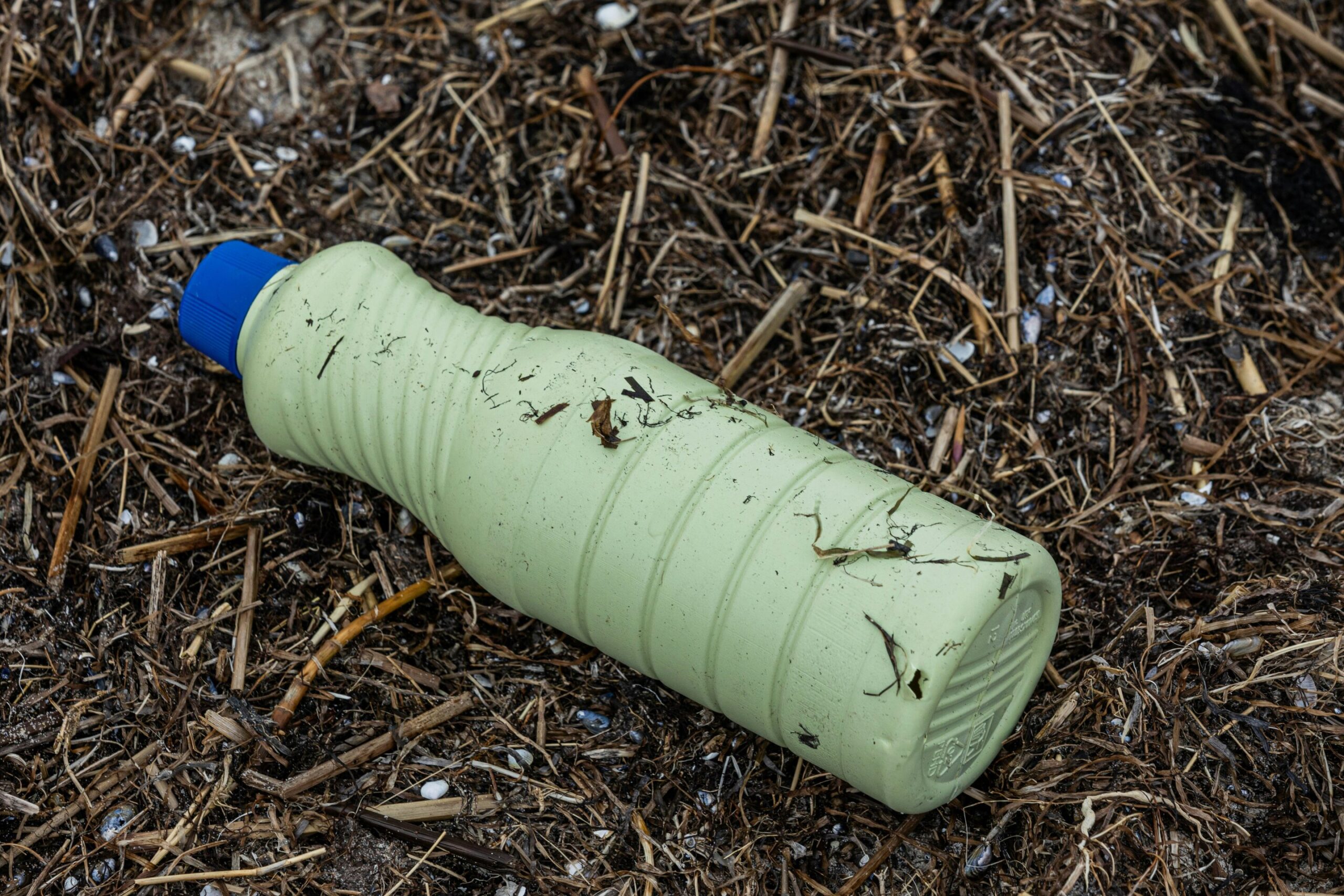
EU environment ministers test blood for ‘forever chemicals’
How did your country report this? Share your view in the comments.
Diverging Reports Breakdown
EU environment ministers test blood for ‘forever chemicals’
EU environment and climate ministers meeting in Denmark tested their blood for “forever chemicals” linked to serious health risks. “Forever chemicals,” known as PFAS or per- and polyfluoroalkyl substances, are a family of synthetic chemicals that take an extremely long time to break down. Exposure to even low levels of the chemicals has been linked to liver damage, high cholesterol, reduced immune responses and cancer.
Credit: Unsplash/CC0 Public Domain
EU environment and climate ministers meeting in Denmark on Thursday tested their blood for “forever chemicals” linked to serious health risks, in a bid to raise awareness about chemical pollution, Danish and European officials said.
“Forever chemicals,” known as PFAS or per- and polyfluoroalkyl substances, are a family of synthetic chemicals that take an extremely long time to break down.
Chronic exposure to even low levels of the chemicals has been linked to liver damage, high cholesterol, reduced immune responses, low birth weights and several kinds of cancer.
Ministers from 18 countries, including France, Germany and the Netherlands, pricked their fingers at the informal meeting in Aalborg to raise awareness about PFAS pollution, according to the European Environmental Bureau.
The blood samples will be tested for 13 PFAS substances, with the results due after the summer.
Denmark, Germany, the Netherlands, Norway and Sweden have submitted a joint proposal to the European Commission to ban the production, sale, and use of almost all PFAS.
“It is crucial that we now take strong action against PFAS pollution, which is why measures must be taken across the EU to prevent, contain, and clean up PFAS,” Danish Environment Minister Magnus Heunicke said in a statement.
© 2025 AFP
Source: https://phys.org/news/2025-07-eu-environment-ministers-blood-chemicals.html
